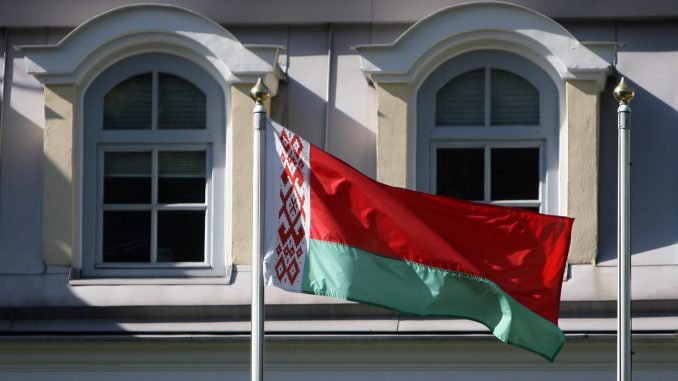
Lithuania’s exports of agricultural and food products to Belarus almost doubled from €180 million to about €350 million in the first eleven months of 2014. With Russian markets no longer accessible or attractive for exports, Lithuanian companies are increasingly turning to Belarus.
“If Lithuanian companies are able to successfully export their products even at a time of such high political uncertainty and economic instability, when there is depreciation of the currency, then those companies can only be congratulated. I think that there is no exporter who does not see the risks in Belarus, Russia or in other member states of Commonwealth of Independent States (CIS), and there is no over-reliance on the region,” said economist Nerijus Mačiulis.
At a recent meeting between the Lithuanian deputy minister of Agriculture Vilius Martusevičius and the Belarusian Agriculture and Food Minister Deputy Alexander Subotin, it was agreed that Lithuanian companies would be again allowed to export fish products to Belarus from today, February 1.
In 2015 most of the exported Lithuanian goods to Belarus were bread, bakery products, products used for animal feed, beef, frozen fish, whey powder, cheese and curd, lactose and fructose. The majority of Lithuanian imports from Belarus were accounted for by rapeseed oil (54% of total imports), blueberries, oilseed cake, malt beer, chanterelle, and vodka.
Mačiulis said that exporting to a range of EU and eastern markets could only be good for Lithuania. “There is no need or capability to further enhance Lithuanian exports to the EU. It is healthy to diversify risks, in case of a slower EU growth or a recession in the region, we will have other markets. The CIS and the Belarusian market are attractive for their size and their purchasing power will only increase.”
Although Belarus has problems, Mačiulis believes that this market will only become more attractive to exporters in the future.
Balsas.tv3.lt

Be the first to comment